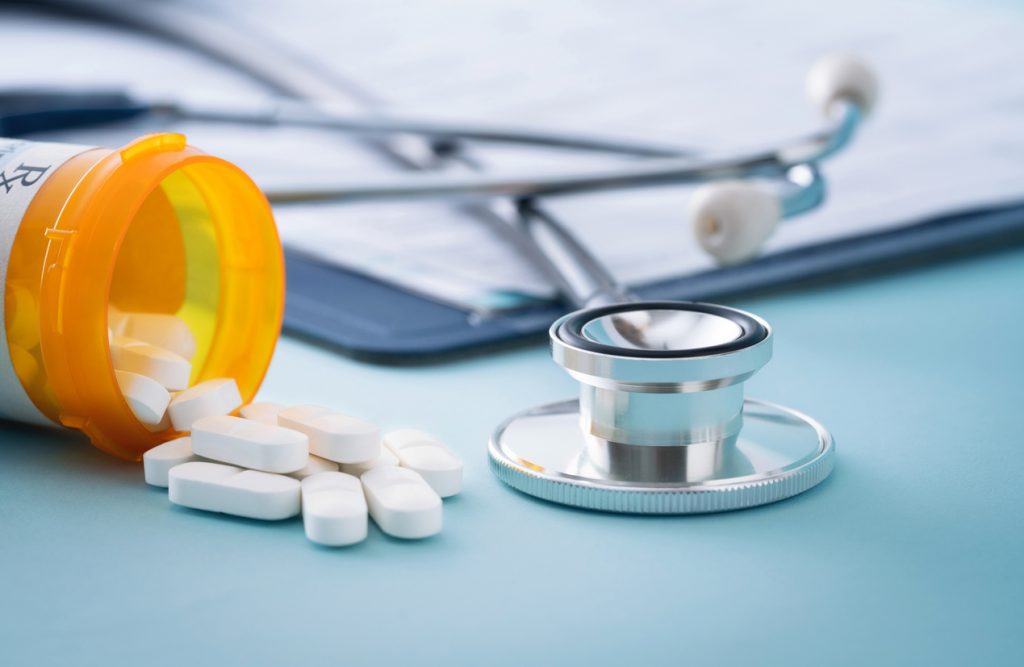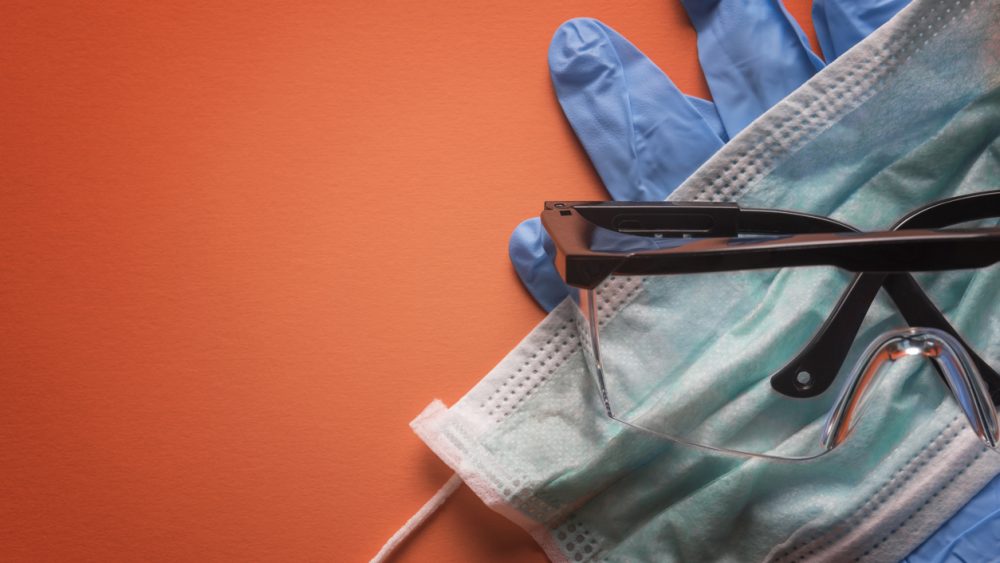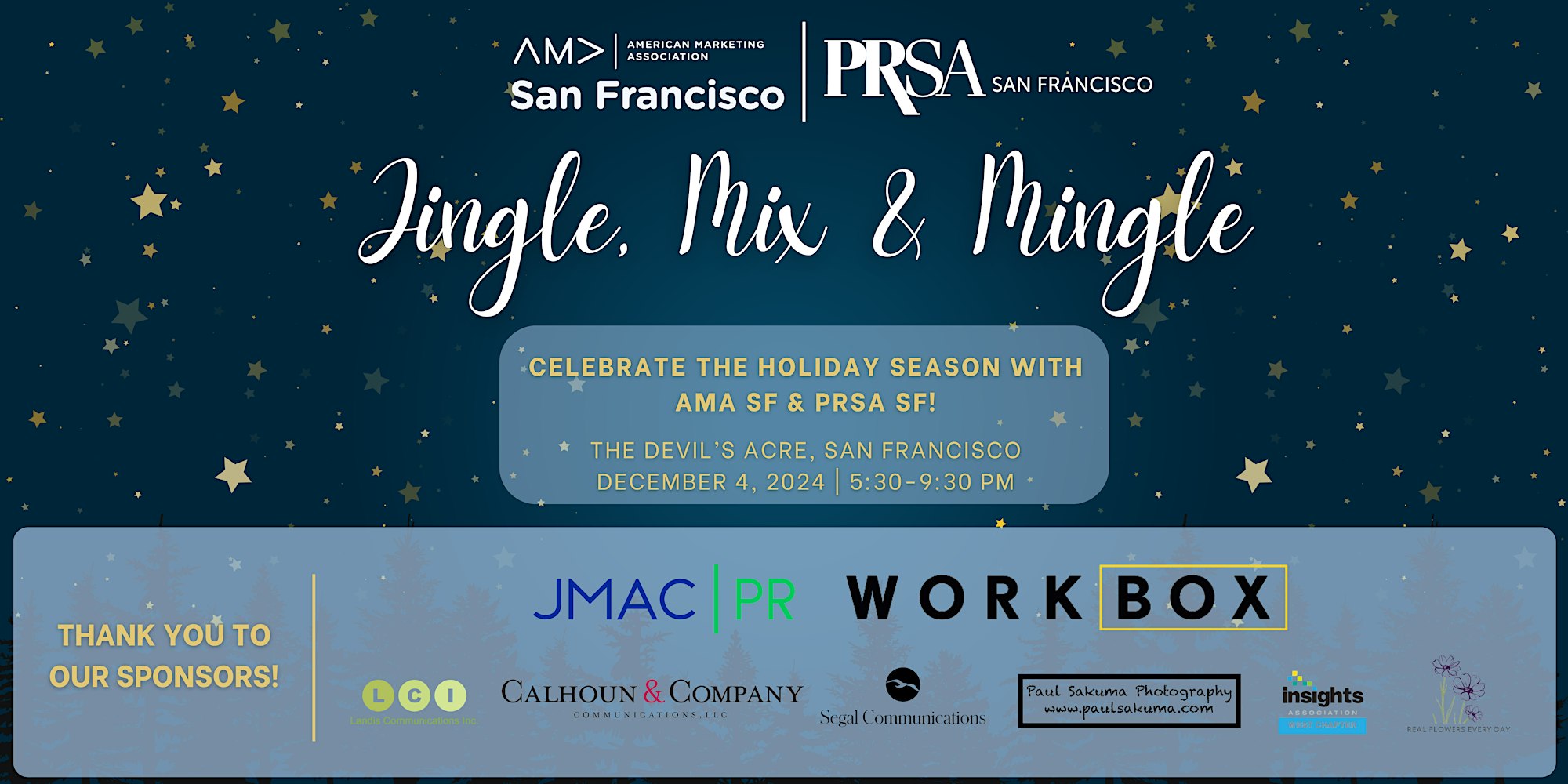The Government and Pharmacies Response to Medication Shortages
Recent developments in the US have caused there to be shortages in Personal Protective Equipment (PPE) and various types of medical drugs during the COVID-19 pandemic. The government is working with multiple pharmaceutical manufacturers and engineering companies to keep up with the need for ventilators and ongoing medication demands. The concern that medical analysts have is that the corona virus could disrupt the U.S. hospital drug supply chain because the US relies on India and China for generic drugs. During this time the pharmaceutical industry has been slowing down production and struggling to figure out a reliable marketing and digital marketing strategy during shelter in place initiatives.
How Pharmaceutical Companies Digitally Market Their Products
To emphasize the impacts of COVID19 and how it is changing how Marketing is facilitated in Pharmaceutical companies you have to acknowledge the fact the Pharmaceutical industry is very person-centered. The Pharmaceutical industry has to leave the traditional interactive forms of marketing behind and use virtual technologies to get their messages out about new products and drugs, and to establish relationships with physicians. These days, it is more challenging than ever. According to Jamie Peck the managing director of iOn “Sales representatives were asking what they can put in place long term, because sales representatives have this sense that things are not going to be back to where they were pre-pandemic.” What Jamie is referring to is that Sales Representatives for Pharmaceutical companies are having difficulties with not being able to follow a person-centered traditional sales model. Pharmaceutical Companies and their representatives were not prepared for these rapid social distancing changes of COVID19. Sales Representatives and patients of physicians can no longer go visit health care professionals in a face-to-face manner during the pandemic. This creates communication barriers between patients and more challenges for the Sales Representatives that work on behalf of the pharmaceutical companies.

A few ways the communication barriers can be overcome:
Pharmaceutical Companies, Physicians and Patients are Adapting to New Ways of Working and Interacting
Pharmaceutical Companies, Sales Representatives and Patients have up-to-date technologies to help facilitate virtual meetings and appointments. This would help the healthcare industry a lot because in most cases not every appointment needs to be onsite and in person. For individuals that are busy and just cannot always make it to the physician’s office, it provides flexibility to have care at home and not be at risk during a pandemic. Another way that pharmaceutical companies adapt includes changing the types of marketing messaging and digital channels that are used to influence physicians and customers in differing ways. Establish a new routine and keep researching and investing more in your Digital Marketing plans to influence the future. During these uncertain milestones of COVID-19, it is important for pharmaceutical companies to train their representatives in Responsibility, Adaptability and Authenticity to sell health related products and services during a crisis. Some examples of how to practice Responsibility, Adaptability and Authenticity include the following:
- Responsibility: Marketing has evolved due to these uncertain times and it is equally important to practice the golden rule and to be a good citizen in your community. As a company or business professional, everyone’s health, societal worries and safety concerns matter a lot. Do not fear monger or add clutter to everyone’s social media channels. Be sensitive to the public and convey a message that establishes relevant facts, credibility and reinforcing a positive voice of helping society as a whole to stay healthy.
- Adaptability: Pharmaceutical companies are under increased pressure to perform stronger when resources are tight. One way these companies and other relevant marketing businesses can overcome the limited resources challenge is to build a mission that promotes a neutral and noncontroversial voice. Companies need to build awareness for services that are relevant in the current market condition and help drive the economy in new ways to be solution driven. Success comes from people who are willing to make a difference, advocate for democracy and promote action driven messages during scary times. These messages should relate to your brand and to your consumers’ minds to help create value and keep others engaged in the solutions you have to offer.
- Authenticity: Being a messenger that is strong in crisis communications by clearly communicating how you will deliver your products and services. Another factor in this topic is ensuring consumers known the availability and timeline for your products and services to help service during times of need. This is highly relevant for all companies because customer love transparency and appreciate businesses that do not beat around the bush. What can help you set yourself apart from others is to create brand communications that are customized to your company’s voice and how you will ensure reliability to your clients.

Pharmaceutical Sales Needs to Change their Ways of Thinking to Survive the Pandemic
Salespeople in the pharmaceutical industry are very competitive and invest a lot in marketing technologies that they do not fully understand or utilize. Companies need to focus on rebranding sales so that various forms of Digital Marketing platforms can be used to mutually benefit customers and physicians. The goal at the end of the day is to find a way to sell to clients by seeking newer strategies and training their employees on how to use these channels. Shying away from change does not help organizations during tough times and it is recommended to not rely on past methods that do not work in financially tight marketplaces.
According to Charlotte Rodgers “The vast majority of marketers (86 percent) are now delaying or reviewing marketing campaigns, up from 55% just three weeks ago, as the industry reels from the impact of the coronavirus outbreak”. What this means to all Marketers is to expect uncertainty and readily adapt to a changing world of COVID19. Everyone’s marketing situation is different so do your best during unstable economic times to adjust your plan and adequately prepare for a decrease in demand for products and services. What Charlotte is referring to in this paragraph is that Pharmaceutical representatives are struggling to adapt to digital tools to establish business relationships. One way to easily overcome these milestones is to provide suitable training for professionals on how to use digital tools and ways to persuade others through social channels. Businesses have to be ready to take upon these changes to survive so that professionals can share their ideas, convince others of their products’ value and negotiate the win for their company despite negative corona events.
Medical Devices and Medication Shortages That are Needed During the COVID19 Pandemic
The American Society of Health System Pharmacists (ASHP) recently released a list of products that COVID-19 patients are using in high volumes as it relates to the acute care setting. In a recent ASHP report from March the society discovered that hospitals are experiencing shortages of key injectable drugs prior to the pandemic. The conclusions of these drug shortage reports showed an increased demand for analgesic, sedatives and paralytics once COVID19 occurred. To counteract the demand the DEA is increasing production levels and the FDA is currently working on initiatives to provide flexibility. As the pandemic extends onto the summer the United States is struggling to fulfill medication needs for COVID19 patients on ventilators. According to Statnews hospitals are only being shipped 53 percent of the needed medications were being shipped which is down from the 72 percent being shipped last month. What this means for American hospitals is that there is a limited supply of medications to help patients that are on mechanical ventilation. This increased demand shows through Statnews data that the need for medicine remains strong and shortages will keep persisting until needs decrease.

The types of medications that are short include the following types of medicines:
- Experimental COVID-19 Treatments: There is a large shortage of a lupus drug called hydroxychloroquine that is being used to treat COVID patients. Other drugs used in the treatments include azithromycin, remdesivir, etc.
- Inhalers: Increased demand in producing inhalers, meter dosed inhalers and nebulizers.
- Injectable Narcotics: Increased demand from COVID patients for injectable narcotics and it is hard to keep up with the critical demand.
- Insulin and Diabetic Supplies: America is falling short for insulin, strips, needles and other diabetic products.
- Schedule III and IV Controlled substances: This includes ketamine, diazepam, midazolam, lorazepam and phenobarbital.
- Furosemide, midazolam and benzodiazepine: Were also added to the shortage list because they are used in intensive care units.
The US does not have a concrete plan on how to address drug shortages due secrecy within the pharmaceutical industries that protects the company’s trade information. What this means for Americans is that public health officials cannot warn or tell consumers which drugs will be hard to come by and when due to protecting propriety information.
According to Erin Fox “Lots of drug companies hire other companies to make drugs for them.” In other words, it is hard to know when drugs are available because the drug companies sell the drugs to companies overseas in various locations in the world. This is a problem because various countries have differing regulations on production and due to the pandemic, the output is not as much due to Sheltering in Place standards. Now every company that relies on imports has to work with the company they sold to in order to get up-to-date information on when the drugs will arrive.
It is harder to know because 90 percent of all active pharmaceutical ingredients, or APIs, are made outside the US, according to a 2019 paper published in the National Bureau of Economic Research. These drugs are harder to account inventory levels for because they are not directly made and produced in America at the direct pharmaceutical company that sold the API. This will cause serious consequences because the production of medications will be impacted during viral pandemics and we need to have more drugs made only in America. This creates more medication delivery issues in America due to the 3rd party medical provider overseas providing generics. According to CNBC “40 to 50 percent of generic drugs come from India, while China is the world’s largest supplier of active pharmaceutical ingredients according to analysts.
Evidently, in a final analysis about the hospital medication shortages it is crucial to ensure you are following social distancing measures and stay informed about these drug shortages. The concern is legitimate from medical professionals that COVID-19 can disrupt the US hospital drug supply chain. Along with the impacts of medication shortages the pharmaceutical industry is struggling to find its way to digitally market their products and keep up with medical production needs. It’s difficult to find any statistical information regarding these shortages because the shortages are not always disclosed. There are various reasons this occurs one is cited through the ASHP which states this occurs due to manufacturing problems and increased demand.
What the government is doing is allowing the U.S Drug Enforcement Administration to take necessary steps to increase production and importation of essential medications for COVID-19 patients. Since many of these medications are controlled substances it requires DEA approval to increase quotas. What the DEA is doing is allowing for medical suppliers to increase production by 15 percent and increase imports for other related medications that are essentially needed. Due to severe hospital shortages the Food and Drug Administration is easing restrictions to help bring medications to the market more rapidly with an established control measure to ensure high quality medications are being released. Overall, the pandemic has exposed a significant problem in the pharmaceutical industry which is the limited production capacity for US Manufacturers and the federal government does not hold the manufacturers accountable to provide enough medication. During this problem marketing and sales suffer because people can only focus on the illness and pandemic due to the inability to heal and prevent supply hoarding in hospitals. Due to high international reliance and limited overseas pharmaceutical business regulations the US is struggling to fulfill needs for sick patients, fulfill reliable marketing and digital marketing strategies to raise the overall optimism that the federal government is doing what is needed to ensure medication supplies are refilled.





Comments are closed.